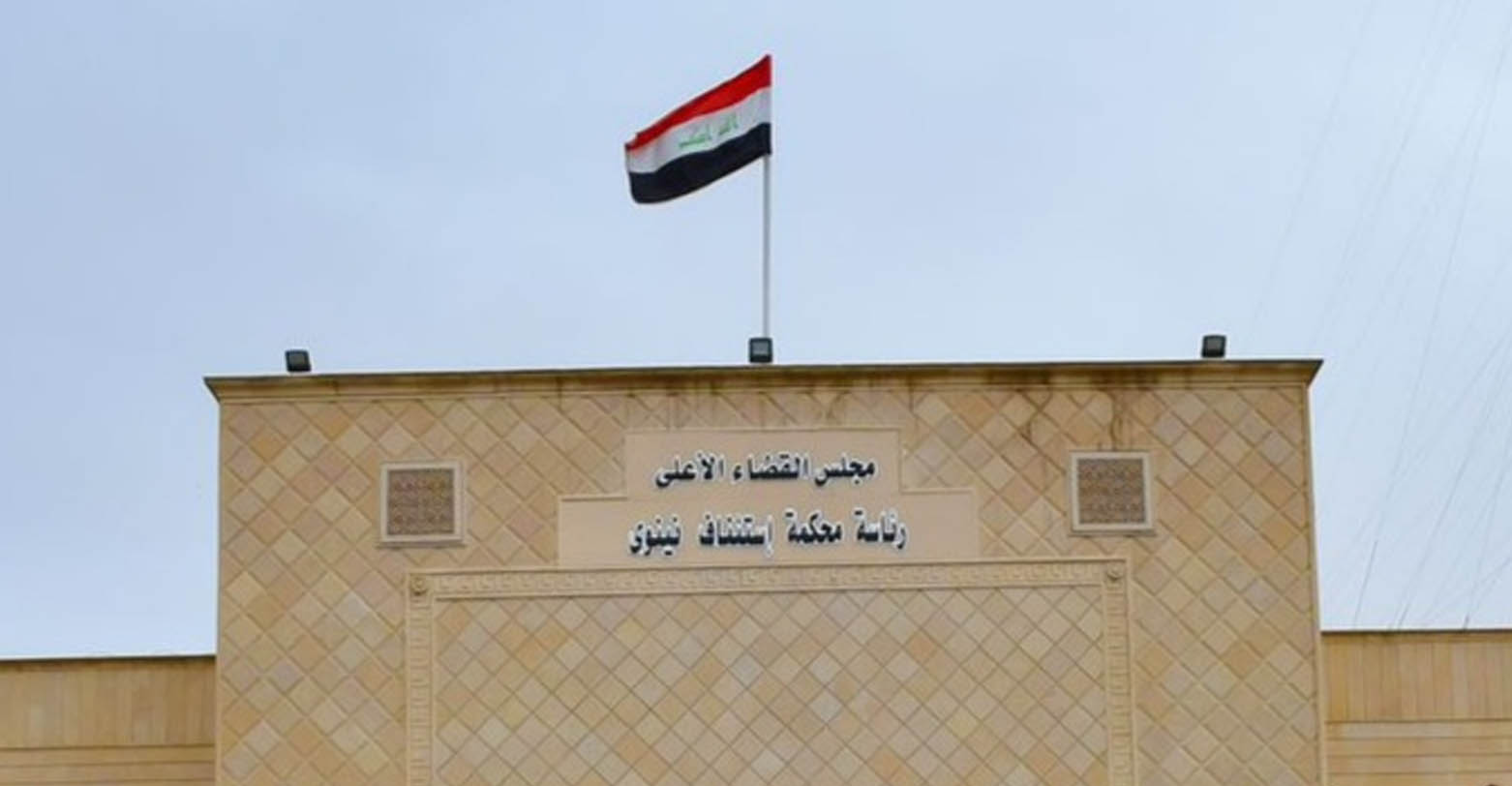Iraqi courts uphold Amnesty Law as legal debate continues

Shafaq News/ The Nineveh Court of Appeals outlined on Saturday, the procedure for submitting requests under the General Amnesty Law.
According to the official application form, all requests must be submitted through the relevant legal units in accordance with established regulations. The court stressed the importance of including the required documents to ensure a smooth and efficient legal process, urging citizens and the families of those convicted to follow the specified guidelines.
Judge Haider al-Jubouri, a senior judicial official in Nineveh, told Shafaq News that the court system is committed to processing amnesty requests fairly and efficiently. “The judiciary is ensuring that the law is applied transparently and without bias. Every request will be carefully reviewed in accordance with legal procedures,” he said.
General Amnesty Law
The General Amnesty Law, which came into effect on January 21, 2025, is part of a broader legislative package designed to offer a second chance to individuals convicted of certain offenses. The law aims to grant amnesty to those convicted of lesser crimes while excluding individuals involved in terrorism, violent acts, and drug-related crimes. It is seen as an effort to alleviate overcrowded prisons and foster national reconciliation.
Since its enactment, courts across Iraq have started implementing its provisions. On Thursday, the Saladin Court of Appeal granted amnesty to over 30 defendants based on various legal provisions outlined in the law. The Najaf Criminal Court and the Diwaniya Appeals Court also confirmed that they would be enforcing the law in accordance with the instructions of the Supreme Judicial Council.
However, the law’s implementation has faced legal challenges. On February 4, 2025, Iraq’s Federal Supreme Court issued an interim order suspending enforcement of certain provisions, citing constitutional concerns. The decision has sparked political tensions, particularly among Sunni leaders who view the suspension as a setback to their efforts for legal reforms.
In response, the Supreme Judicial Council reaffirmed its commitment to enforcing the law, despite the court’s ruling. “The judiciary must respect the will of Parliament and apply the law as legislated,” a statement from the council read. It further emphasized that courts will continue reviewing cases under the amnesty law while legal discussions on the suspension unfold.

